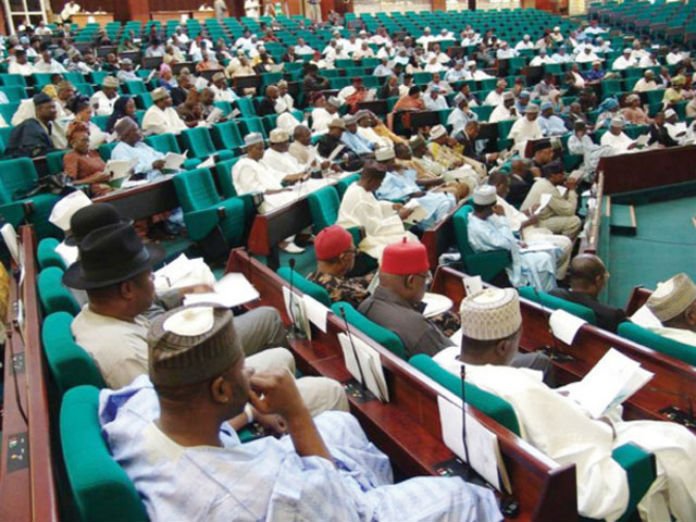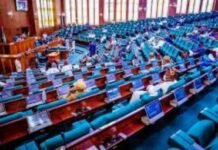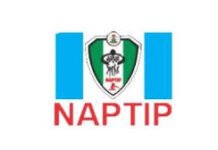The House of Representatives has passed for the second reading a Bill to strengthen the recovery and management of the proceeds of crimes in the country.
The Bill, sponsored by Yusuf Adams Gagdi (APC, Plateau), seeks to amend the Proceeds of Crime (Recovery and Management Act Number 92 of 2022.
In his lead debate on the general principles of the Bill, Gagdi recalled that the Bill was enacted to provide a uniform legal framework for the recovery, management, and disposal of proceeds of crime or unlawful activity in Nigeria.
The lawmaker said it was a landmark legislation aimed at strengthening the fight against corruption, money laundering, and economic and financial crimes.
According to him, in the course of implementation, certain legal, procedural, and practical gaps have become apparent.
Gagdi noted that the gaps have limited the effectiveness of the Act in facilitating non-conviction-based forfeiture, protecting whistleblowers, safeguarding witnesses, and ensuring expeditious judicial processes.
He said the amendment Bill seeks to strengthen the Act by closing the identified gaps, enhancing accountability mechanisms, and expanding its operational scope to align with contemporary anti-corruption and asset recovery standards.
Justifying the rationale for the Bill, Gagdi, who heads the House Committee on Navy, said the Bill is rooted in the need to make the proceeds of crime act more effective, responsive, and just in the recovery and management of proceeds of unlawful activities.
He said: “The fight against corruption and illicit financial flows in Nigeria must go beyond conviction-based recovery of assets. Many cases of corruption, economic sabotage, and illicit enrichment cannot be effectively prosecuted due to death of suspects, flight from jurisdiction, or complex legal hurdles.
“Non-conviction-based forfeiture provides an important tool for recovering assets in such situations, while still ensuring due process and judicial oversight.
“Furthermore, the amendment seeks to introduce clarity, consistency, and procedural fairness in the operation of interim and final forfeiture orders, admissibility of evidence, and management of forfeited assets, including digital or virtual assets. This is in line with global best practices and Nigeria’s international obligations under the United Nations Convention Against Corruption (UNCAC) and the Financial Action Task Force (FATF) recommendations.”
![]()










